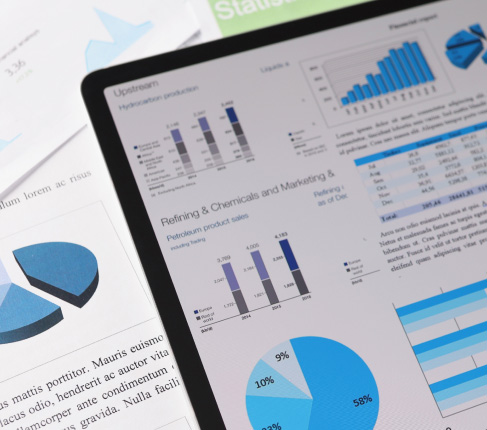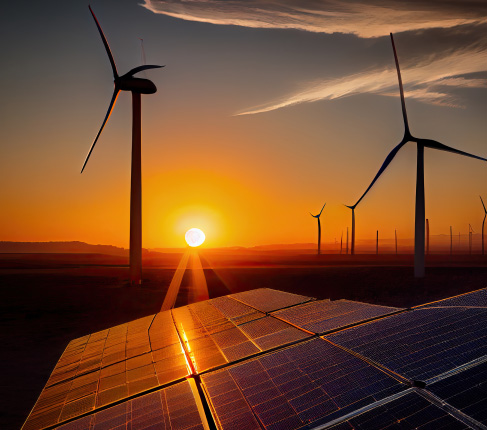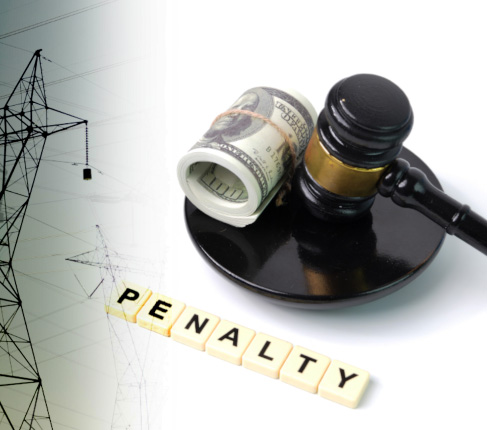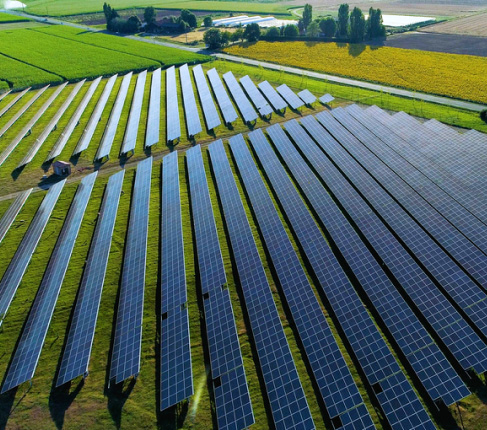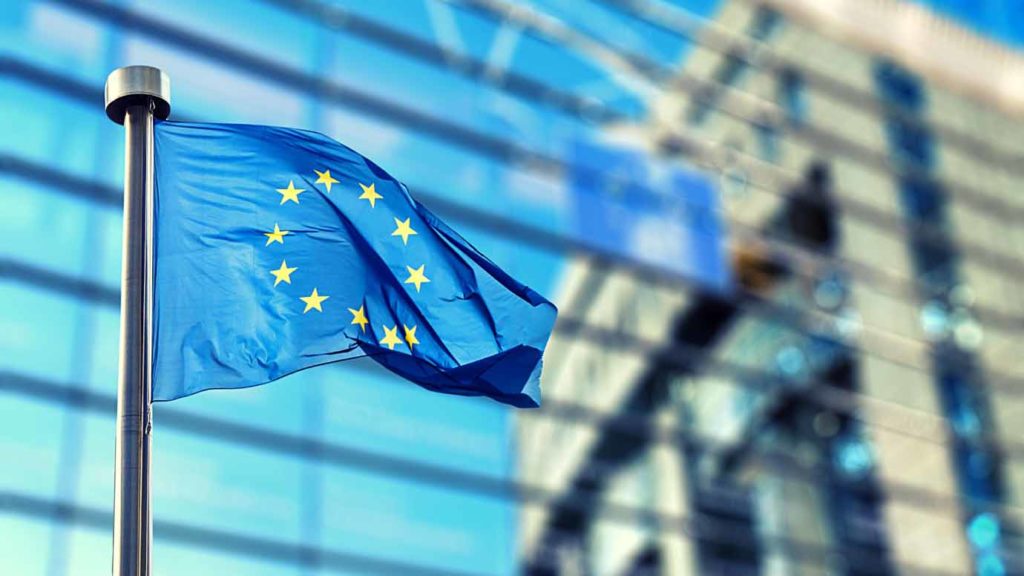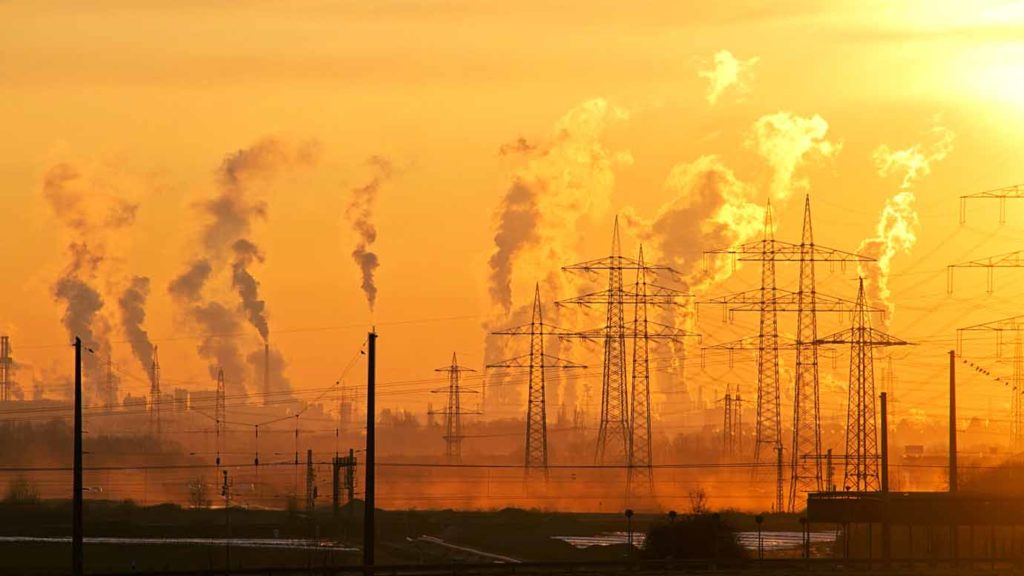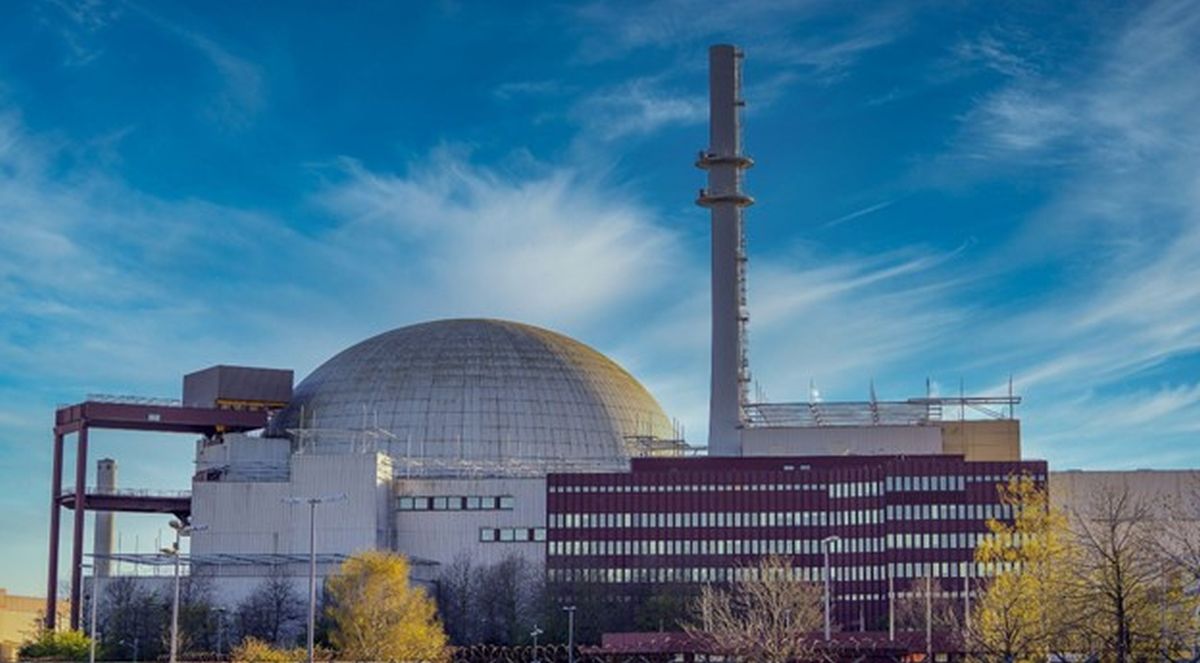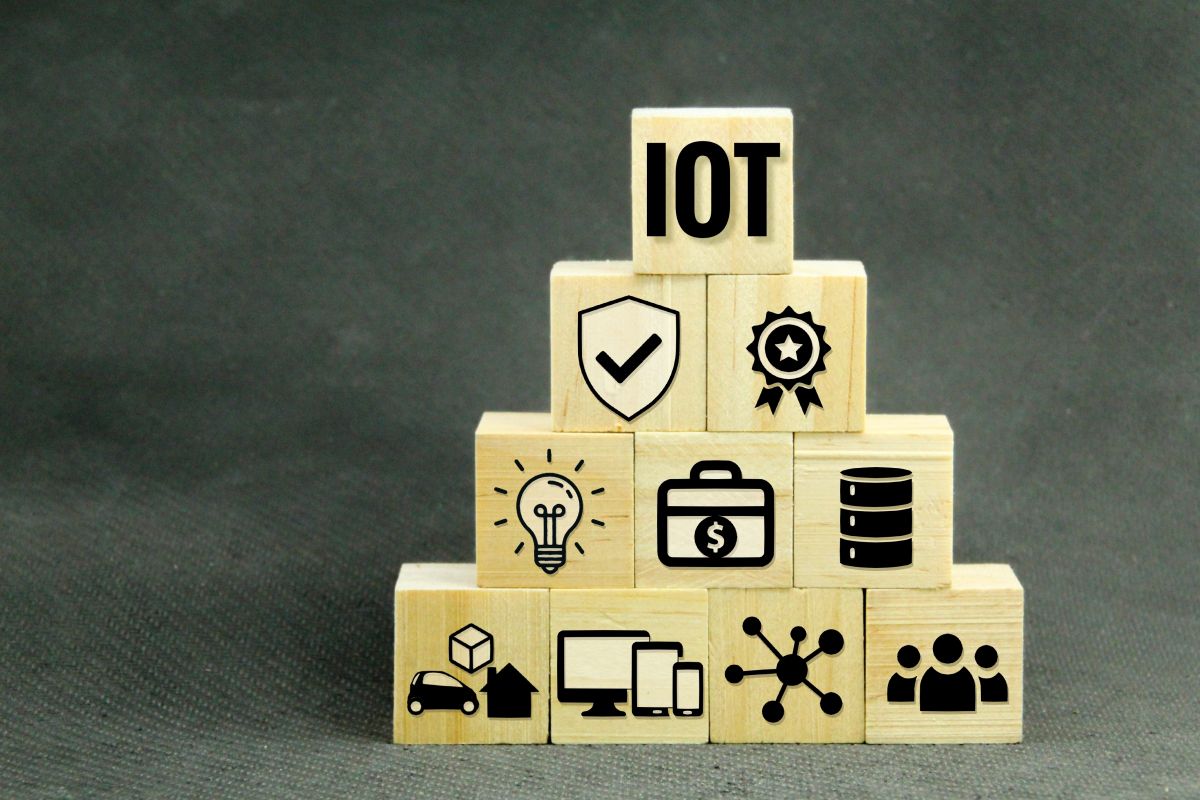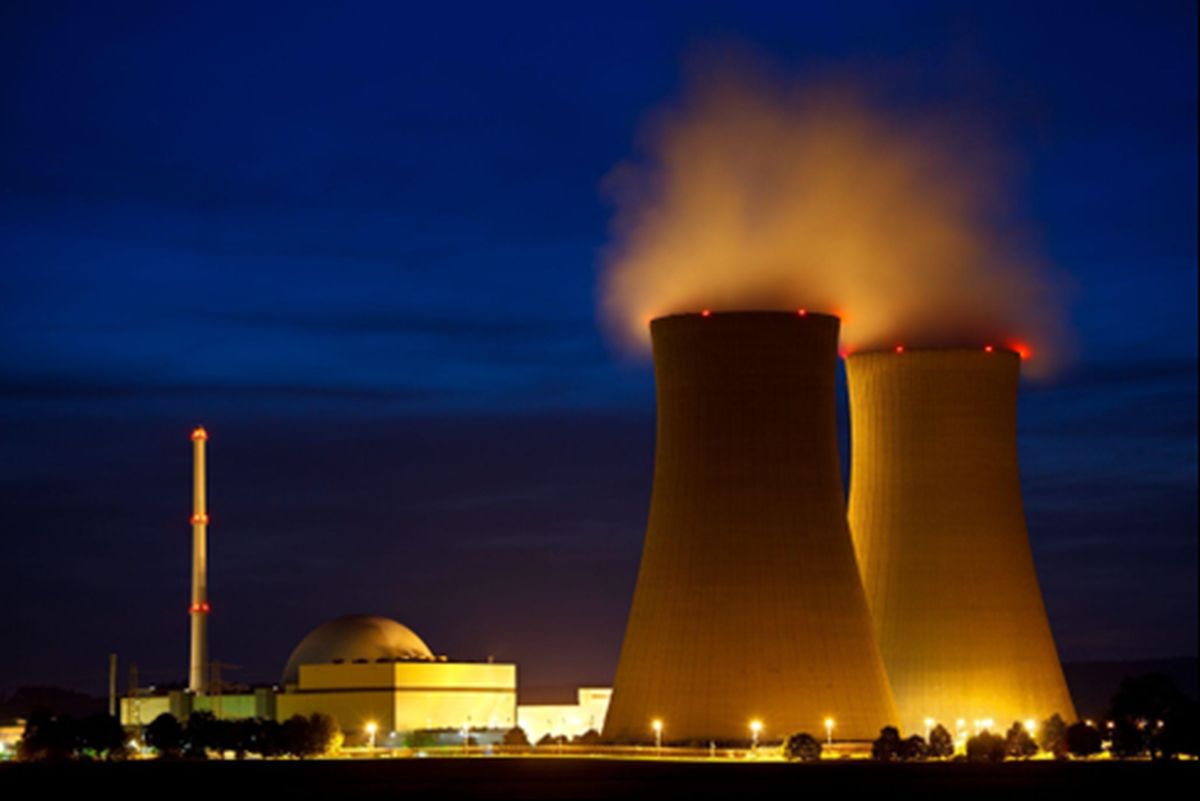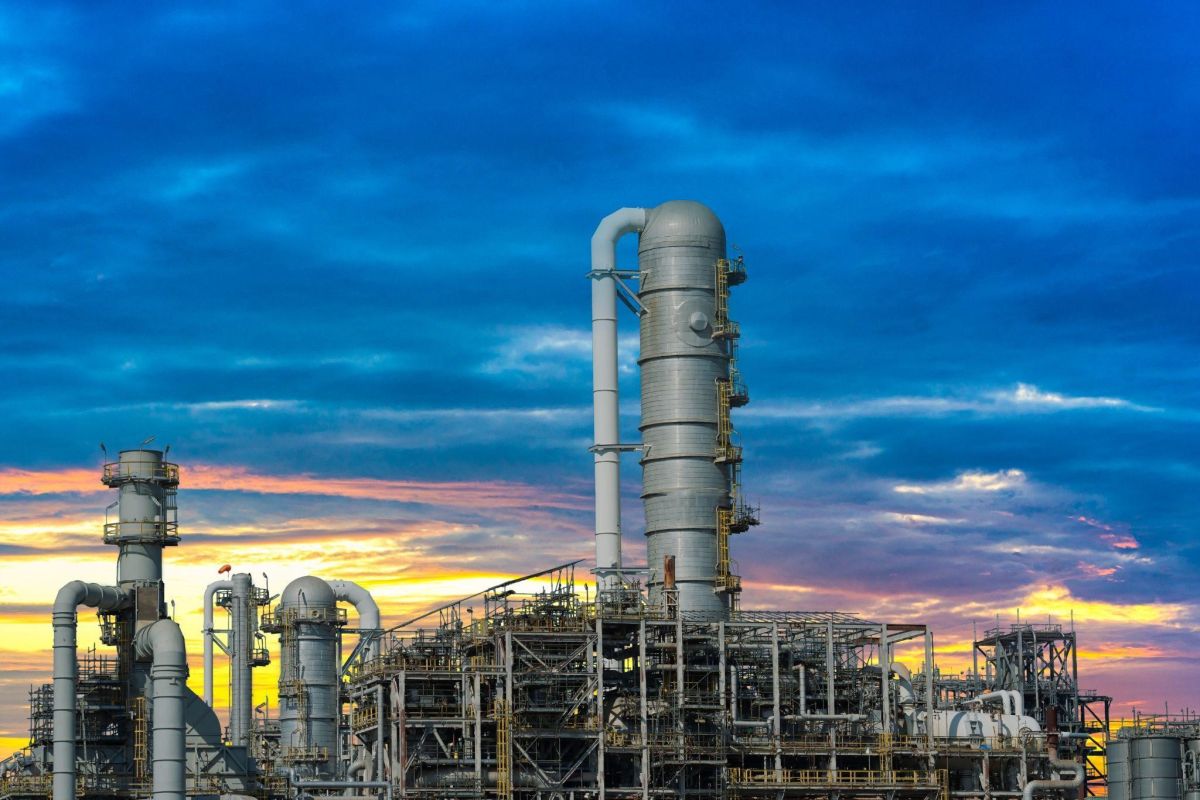A concerted effort has been made by the European renewable energy leaders to revive the continent’s solar supply chains, through an alliance. The European Solar PV Industry Alliance (ESIA) was launched on December 9, 2022, with support from the European Union. The goal set by the alliance is to reach 30 GW of committed European solar PV manufacturing capacity across all segments of the value chain by 2025. This initiative is being seen as the key to decreasing Europe’s dependency on the supply chain.
This initiative is further acknowledgment of the fact that Europe’s ability to phase out fossil fuels and combat climate change are threatened by the lack of a clean energy industrial policy.
Europe’s Outlook to a Clean Energy Industrial Policy
The mere idea of a clean energy industrial policy in Europe has been regarded with disdain by existing institutions. This is mainly due to the fact that the European Union protects member states from each other. If the states start fighting for themselves, it will not have a good economic outcome.
In Europe, there exist a multitude of clean industrial policy initiatives that are regional, national and at the EU level. These initiatives are not coordinated, and in some cases tend to conflict. This is a cause of concern as different countries in Europe with different industrial policies fragment the EU as a single market.
The invasion of Ukraine and increasing energy prices have caused a change in the way Europe is looking at an industrial policy, however, they are still very dependent on Southeast Asia.
What is the U.S. Inflation Reduction Act?
The Inflation Reduction Act (IRA) was signed into law on August 16, 2022. It is a package of $430 billion for federal spending, tax breaks, levies, and credits. It aims to bring down inflation, reduce the cost of healthcare, as well as fight climate change. It has provided the biggest climate action package in the history of the United States.
The Act will provide certainty for domestic solar manufacturers and developers, especially after the coronavirus pandemic choked supply chains at a global level. This will also bring about reduced carbon emissions, good manufacturing jobs, and will make U.S. energy independence stronger.
The Princeton University’s REPEAT Project analysis says that, the IRA could bring the U.S. in line with the Paris Agreement goal to bring greenhouse gas emissions 40% lower than the 2005 levels, as well as spur clean energy deployment. And most importantly, the IRA will allow U.S. solar manufacturers to compete in the global marketplace.
Why Does Europe Fear the Inflation Reduction Act?
European countries have welcomed the renewed energy transition commitment, however, the $430 billion IRA has them worried about unfair disadvantage their companies will face as compared to their rivals in the U.S. They believe that the new law is discriminatory and European companies may end up taking their supply chains to the U.S.
The 27 countries in the EU fear that their companies will be cut off from the U.S. tax credits, offered under the IRA on the condition that the components used in renewable energy technologies are made in North America. They believe that around 200 billion euros ($207 billion) of the U.S. subsidies violate the World Trade Organization (WTO) rules, as they are tied to locally produced content provisions.
European Commission’s President, Ursula von der Leyen, has said that while competition is a good thing, it is necessary to have a level playing field.
Disclaimer: Any opinions expressed in the blog do not necessarily reflect the opinions of Certrec. The content of this blog is meant for informational purposes only.





